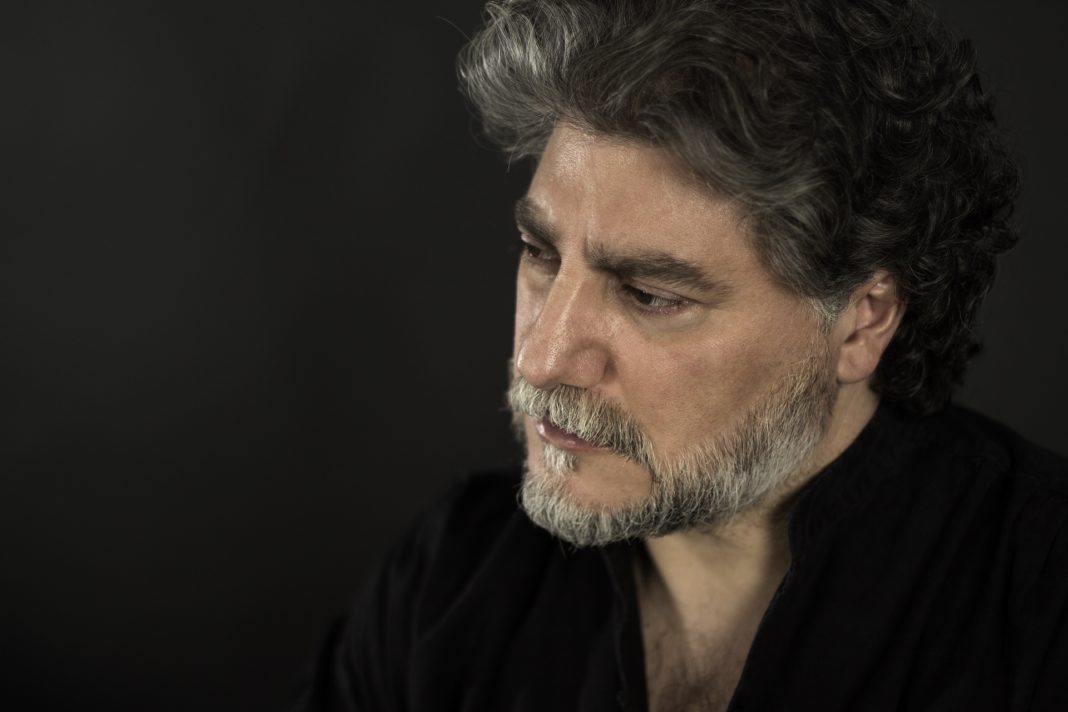“Without art, as well as without many other human achievements —too long and complex subject to sort out in two lines, the human species would be reduced just to its negative side,” says the world-famous tenor, who will perform at the Symphony of Arts festival in Bratislava, in an interview for our website.
During your career you have been performing in a lot of places. Theatres that have intimate, almost family atmosphere (the audience size is about 800 – 900) or Metropolitan opera in New York with audience size of around 3 thousand. Which is closer to your personality? Where you as an artist feel better?
Definitively I feel better in the “short distances” because these allow a close interaction with the public. But then you have those incredible events in which 10.000 souls sing a song together, and that’s also an amazingly “close interaction”. So, is there a proper answer for your question?
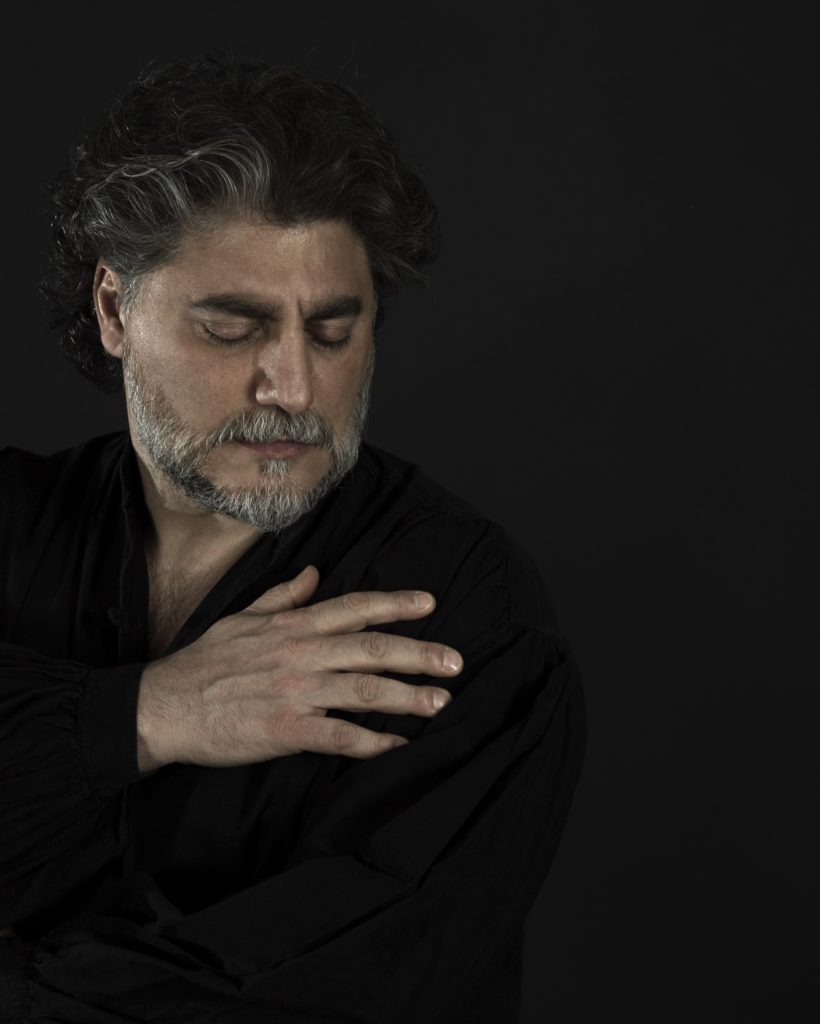
In September you are going to come to Bratislava again, this time for the Symphony of Arts festival. Your concert will be open air. How about you and open-air festivals? Do you enjoy them? Especially after covid period…
I have just inaugurated a new festival, the Pelješac Festival Orebić —of which I am the General and Artistic Director—, and which main stages will be open air. Open air concerts are a different kind of enjoyment, more connected to entertaining people with good music, rather than pretending to be philological. I mean, we cannot expect that a score that has been “designed” by its composer considering a certain “space”, can be faithfully reproduced in an “ambiance” that’s so far from the one for which the piece was conceived, even performing many times under taxing conditions like humidity, wind, or mosquitoes!… There are a lot of factors to be considered too, on top of the technical ones, to begin with an old dilemma: if we only perform in small halls —some of them acoustic jewels—, the number of people we can reach is insignificant compared to the number people that wants to enjoy this “summits” of the human genius. Hence, the consequence is the common cliché that says “classic music is for an elite”… A cliché that is wrongly adjudicated to an economical factor, when the truth is that a ticket for some of the most exclusive performances (Scala or Met inauguration, for example), is infinitely less expensive than a sit in a stadium to enjoy a top football match!
Mr. Cura, maybe this question is going to be a personal, but I will never forget, how you started to conduct the orchestra during the rehearsal for the show (and there was another conductor, indeed). And yes, it was necessary for the right interpretation, better tempo and expression of that aria (let us not name the conductor and the orchestra – Slovakia is too small country). Of course, you are an opera singer, director, music composer, musician, set designer and conductor, so you have your imagination how it should sound, right? Are you usually consulting this way the interpretation?
I have a saying: if we are dancing partners and you guide, I let myself go because it frees me up from the responsibility of leading, allowing me to concentrate in just dancing as best as I can. But, if you step on my toes, I have to take the lead to protect my poor feet…
The audience still remembers how you threw away your bow tie during the concert. So, it is not the dress code that’s important for opera arias, but emotions? At least for the spirited artists coming from Argentina, right? Or maybe you could show us better expressions and feel yourself free?
I really don’t remember the episode you quote —more than 30 years of international career for almost 3000 performances makes it hard to recall every detail—, so I would rather answer your question about me “wanting to show better ways of expressing”: A true artist, a “sincere” artist, produces his art the way he believes he has to, regardless of what others think. One of my best critics —even if it was intended to be a negative one—, was after my Otello at the Met: “This damn habit Cura has of always doing what he wants instead of what we expect from him”… Amazing definition of what a true artist is, implied in a supposed to be bad review.
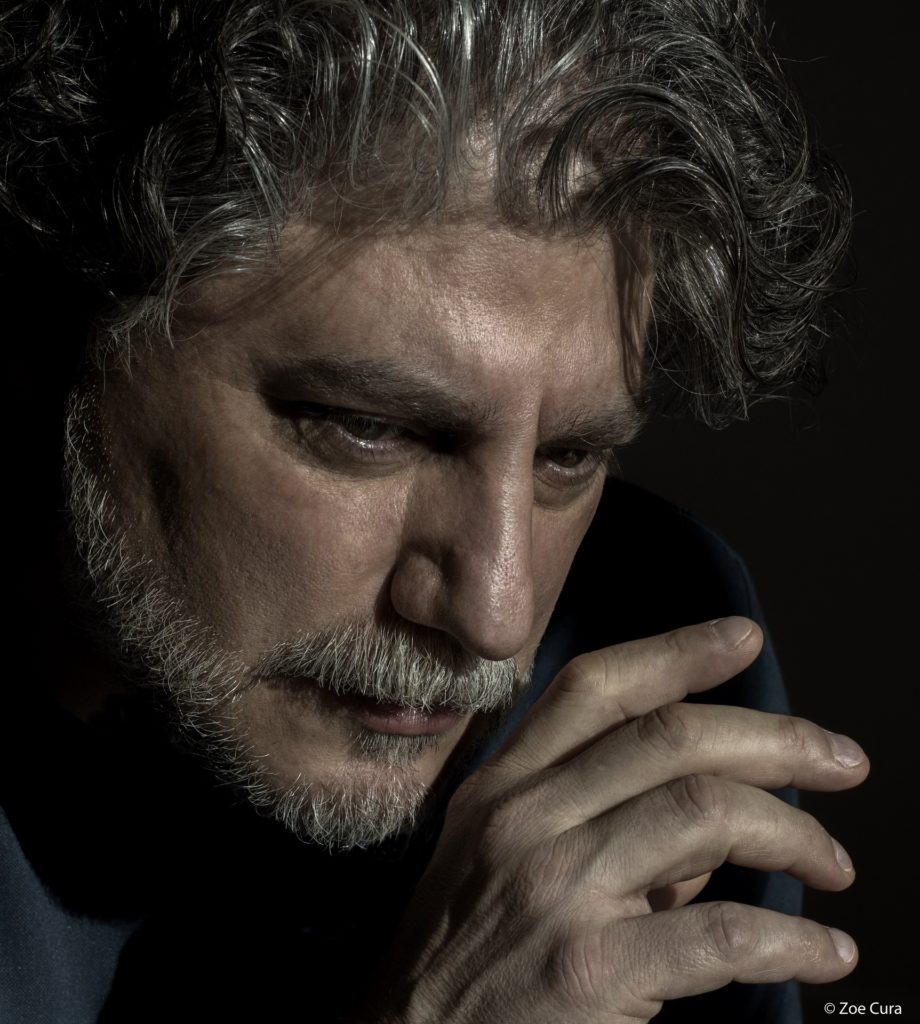
Now, I’m going to be serious, I promise. In Bratislava during festival, you are going to perform opera repertoire – famous arias, duets, but as well operettas and songs from musicals. Let’s start with opera. Did you choose for the audience something special? What opera repertoire will you focus on?
I didn’t choose the program. We discussed it with my singer partners and maestro Raiskin in order to come to a list that would suit us all, allowing also some interaction in way of duets, for example. The program will be a number of very well known pieces of great music.
You will also have two ladies on stage – soprano Eva Hornyáková and mezzo-soprano Polina Shamaeva. Can you tell us what repertoire will you sing with these opera singers?
With Polina I will sing the last duet of Carmen and a fragment of Samson et Dalila, and with Eva I will sing Otello’s love duet, a remembrance of our shared Otello performances in Prague many years ago.
Opera is considered an elite art in the world. I mean, not from the economic point of view, but from all the genres opera is shining the most. Why do you think it is during centuries always like that?
Classic art, in the sense we use the word “classic” today, is an amazing human achievement for everyone to enjoy, regardless of the economical solvency. There are tons of ways to reach classic art —not just music, but also ballet, sculpture, painting, literature, etc.— for little money or even for free. Nowadays more than ever. But classic art has a “sweet trap” embedded in its nature: it is not “fast food”. And here is where the “elite” confusion we mentioned above steps in: The enjoyment in classic art is in direct proportion with the time and effort invested in preparing yourself to “dive” into it. The better scuba you are, the more you will relish the magic of a great reef. But how many humans you know are willing to go through the demanding —before being rewarding—, process of learning how to dive? Just a few. Just an “elite”…
And then we have operetta – you will also perform some songs by Franz Lehár and his famous piece The Merry Widow. The genre of operetta is nowadays popular again and some people think of it, that is “light” and easy, but it is composed sophistically. Lehár was a very good composer. What is the main difference in singing of the operetta and opera? Because I noticed some singers sing operetta like opera arias, but I don’t really think it is correct…
Operetta as well as Zarzuela, are not minor genders. They are totally different styles to opera, and their challenge relies mostly in the performer’s capacity of mastering several different performance technics. Things that in opera performers are rare (even if they shouldn’t be) in an operetta performer are a must: dancing, acting, good diction, etc. The common confusion with “operetta” is born in the word itself that means “small opera”. But this semantic quid-proquo has nothing to do with the demanding skills necessary to properly stage an operetta. About the way of singing operetta you mention, we have to be careful: if we are singing without microphones, then the operatic way of projecting is a must otherwise the voice will never arrive to the audience. But there are not “dogmas” in this. If you perform an operetta of a lighter orchestration —some of the Johan Strauss’ pieces—, you can negotiate many things in terms of sound projection, but if you are performing Lehar’s works —for example “Giuditta”—, you have to put more “meet on the grill” since good old Franz loved larger orchestral palettes. Good professionals know this. Theoretical points of view are very welcome, but non very effective when it comes to the real thing that is to be on stage.
Why do you think operetta is nowadays popular again?
This question will be more of a personal guess than a verified opinion: Could it be that operetta, in its (generally) lighthearted approach to subjects that are less truculent than the operatic ones, finds a fresh new place in a World that is enough contorted already to enjoy going to the theater to witness yet more drama? I mean, even if I am considered one of the leading Otello of my generation, and the role has more than obviously helped me paying my bills for decades, I cannot deny that the devastating implications of a true-to-the-text approach to the Moor’s drama are everything but funny… Tosca, Pagliacci, Grimes, Traviata, Boheme, Butterfly, the list is long, are no precisely “a walk in the park” if you go to the theater just for the entertainment. Of course, there is the music factor that mainly prevails, and here is one of those points in which opera encounters paradox: some of the most disgusting human behaviors, shielded by the beauty of music, seem to be no so bad… Sorry, I let myself go.
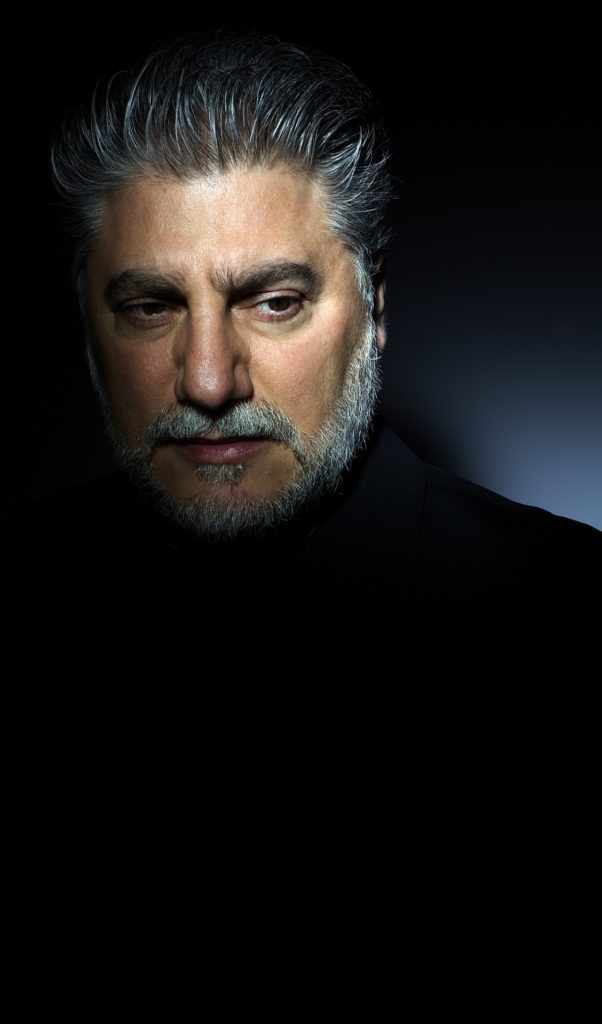
You will also perform the song Como yo te amé. Do you realize all the women will fall in love with you and all the men will be jealous?
Just a beautiful song is not enough to seduce anybody. But if this beautiful piece by Armando Manzanero can ignite people’s romantic dreams, not towards myself but toward each other, then it would be “mission accomplished”… We need that today more than ever.
This is a really very special song about love; it has a special sentiment, because it is about unhappy love. When you perform this song, do you think about it how are you going to perform each word, phrase or it just an emotional process?
It is a beautiful text, dressed by a very sweet but intense melody. I just enjoy the hell out of it by singing without any background thoughts. In other words, I let Manzanero do the job for me!
Is it difficult for an opera singer to perform such a song – to find a compromise between an opera singing using your technique (for example in beautiful high notes) and “relaxed” singing?
If you master your voice, you can alternate between styles without problems. One dimensional technique is not a bad thing in itself if you stick to a single music gender, but if you alternate styles, either you adjust your performing or you will sound suspicious, to say the least. On the other hand, one doesn’t have to be so drastic. Of course it is better to do things as they should be, but here is where we step into the “slippery territory” of individual taste versus what it is “supposed to be correct”, a controversial still fascinating subject of discussion. In conclusion, that you sing a bolero like an opera aria or an opera aria by crooning, is not a great deal of a problem if you do it for fun in a concert, as far as you keep in mind that the real thing is a whole other story.
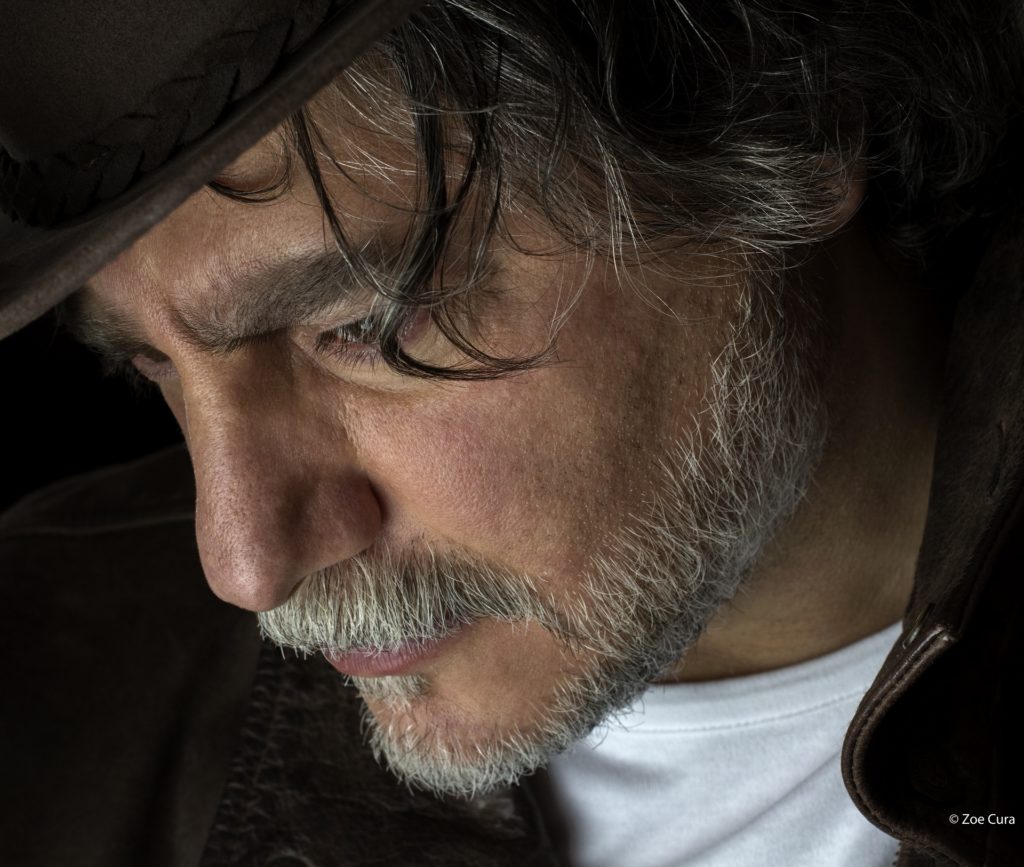
The Slovak Philharmonic will play under the baton of Maestro Daniel Raiskin. What is important for you according to the sound and the work of the conductor? The chemistry between the musicians and the maestro?
In such a short professional interaction —one day of rehearsal, performance and goodbye—, there is no time to create a deep human connection. But if the spontaneous chemistry is good and the “partner leading” factor explained above, works, the result is guaranteed. The public feels all is good on stage, relaxes and enjoys.
Let’s talk a bit about nowadays opera production. You are also an opera director, very good actor, set designer. You must notice that today there are many experiments in the world of opera. Lot of productions of operas are modern, minimalistic, often not following libretto. Do you think it is correct when Rusalka is dressed in latex costume and ends on the garbage dump? When there is just one table on the stage (does not really help the singers, right?) and singers are dressed like people from 23rd century? Should opera from 19th century look modern or historical?
Without experimenting, human kind would still be in the stone age. But one thing is to experiment in search of new paths and a totally different one is to “pretend” you are experimenting when the truth is you have no idea of what you are doing. The line is thin. However, performing again and again a classic piece wouldn’t be justified if not by the existence of different approaches, provided you don’t forget that “different” and “silly” are not synonyms.
Another thing is – big volume voices. Where did we lose the voice like you have? Like Peter Dvorský? Did you notice nowadays the opera houses prefer the new young generation with the “smaller” voices for the chamber, minimalistic, modern opera production? Do you think Verdi, Puccini and other composers would have accepted it?
You touch here a very complex subject of “plutarchian” connotations: What comes first, the egg or the chicken? Is the fashion of small voices an imposed phenomena, or is it an outcome of nowadays conformism, which is also the consequence of living in an era in which the need of quick results prevents the blossoming of maturity? Neither Peter, nor me or other singers of our kind were born with the voices we became known for. On the contrary, we are the result of years of hard work…
And the last question: why do we need art? And especially today?
Art is the living proof that humans have the potential to reach the sublime. Without art, as well as without many other human achievements —too long and complex subject to sort out in two lines—, the human species would be reduced just to its negative side, a side that we have to accept as part of us in order to be able to fight it back. An existential dilemmas since the night of times. My favorite way of illustrating this is imagining a flower shop, full of flower perfume, in which you hide a little piece of dog shit somewhere. The first thing the next customer will say upon walking in the shop is “smells like poop”, regardless the many flowers around. So let’s end with a positive quote: As long as there are more flowers than caca in the World, there is still hope. Art is one of those flowers.
José Cura Madrid, August 2, 2022
Questions: Zuzana Vachová
Photos: Zoe Cura


